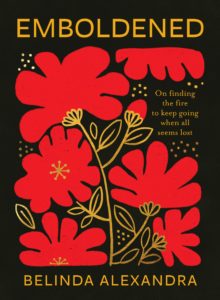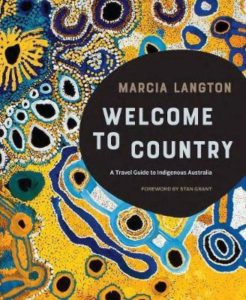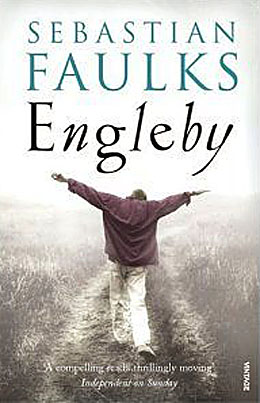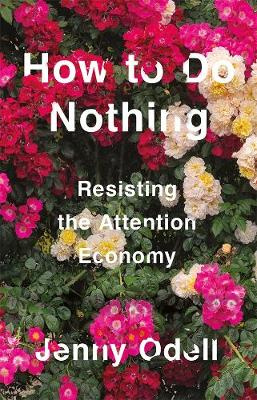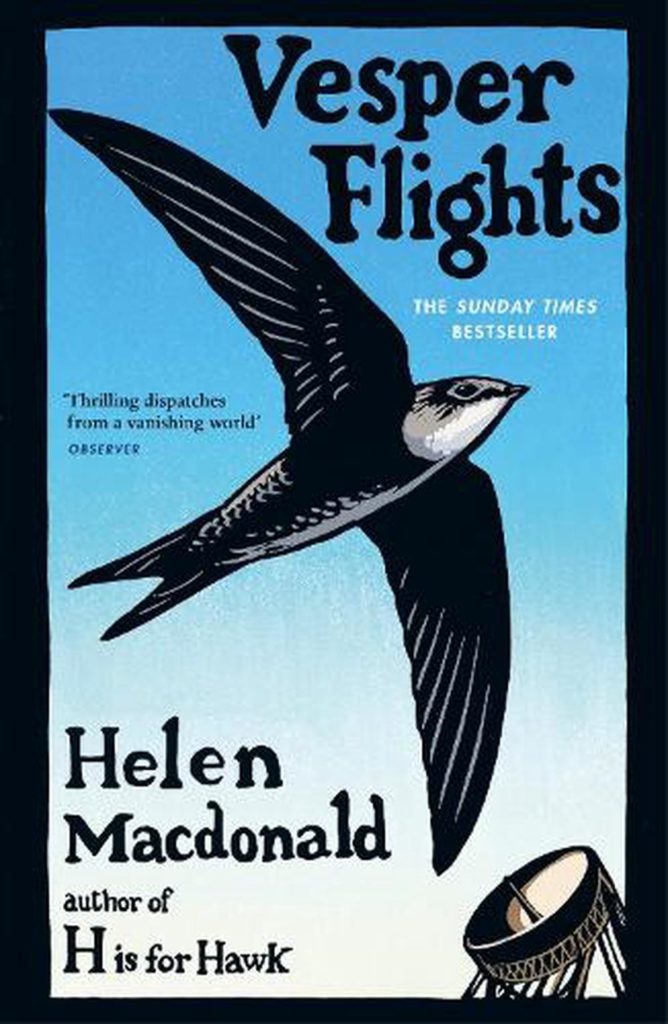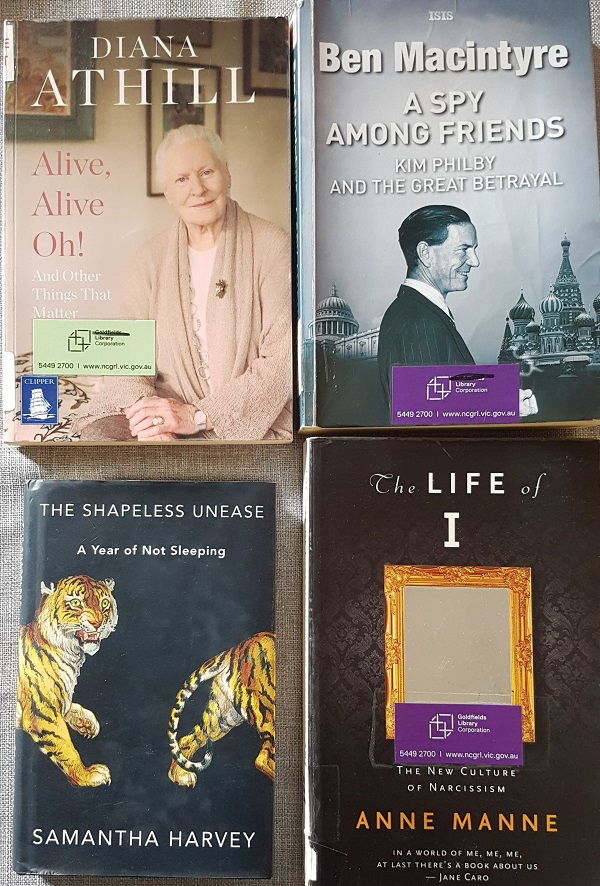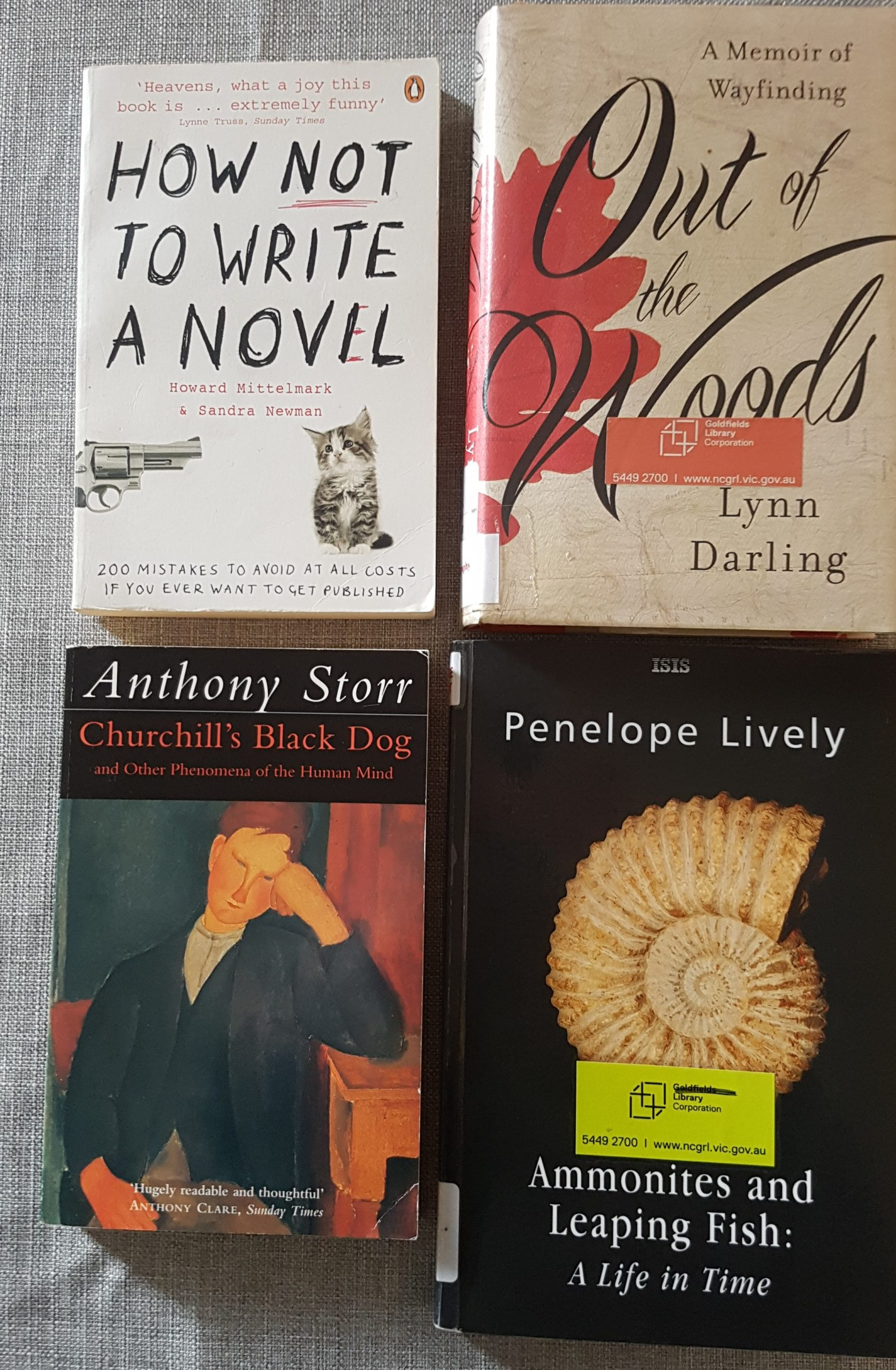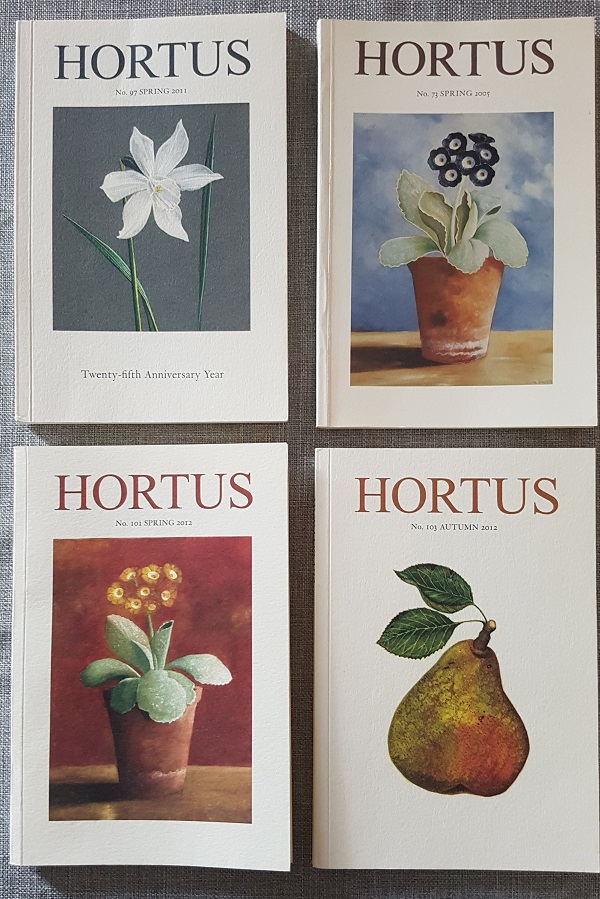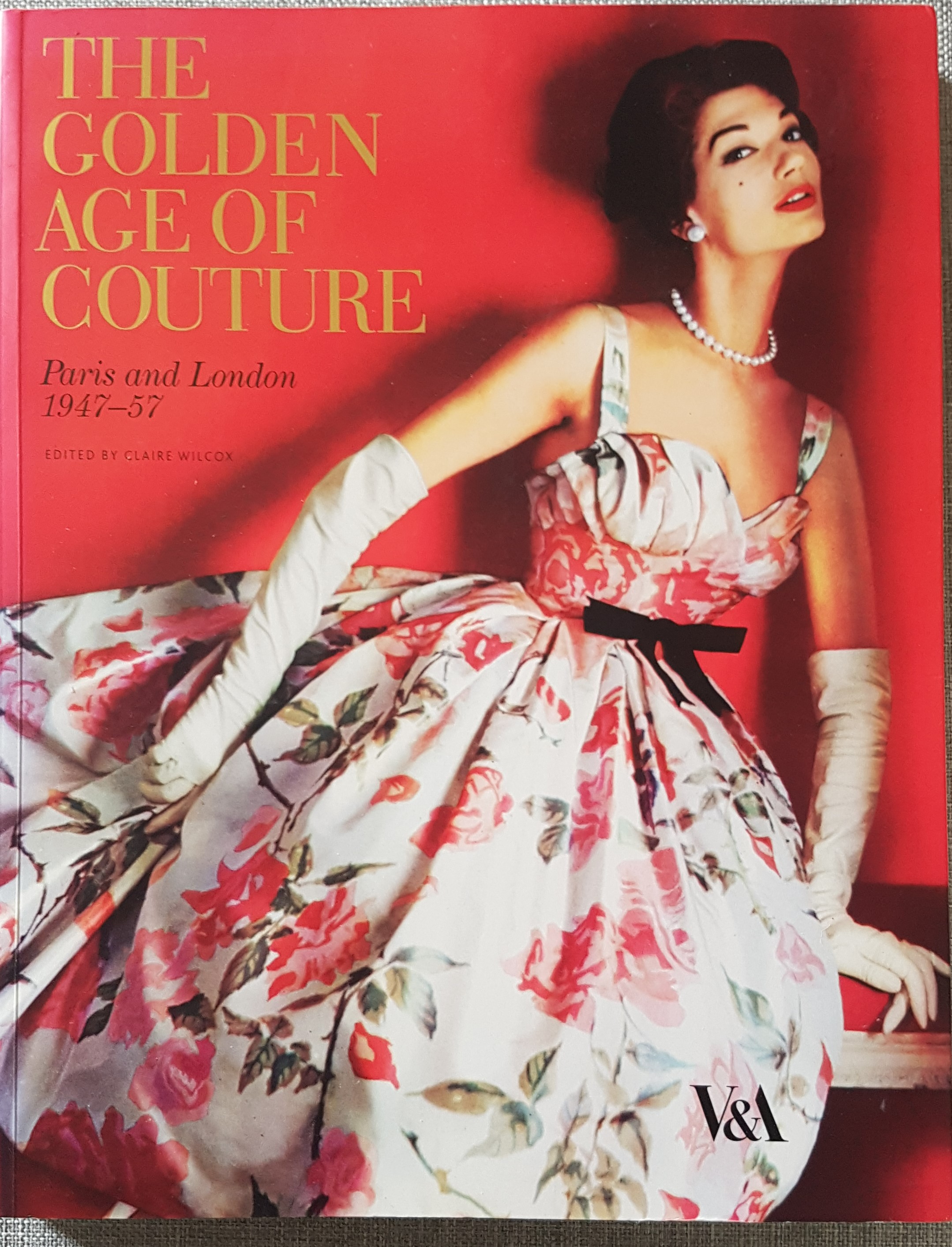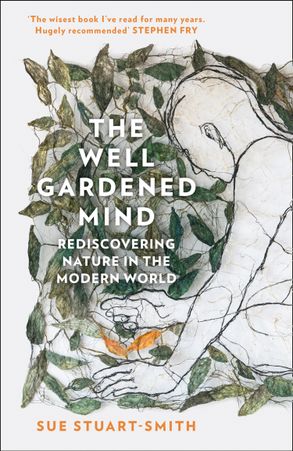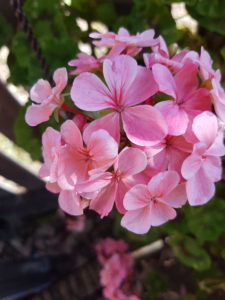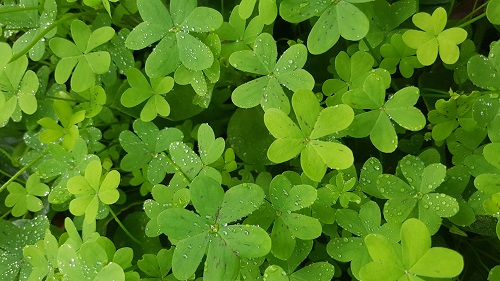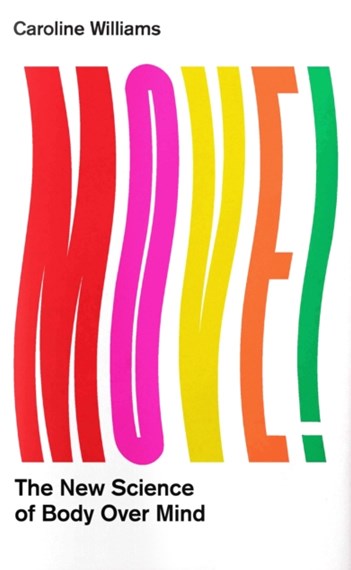 The moles, like us, are deeply mysterious creatures, and we will only ever catch a glimpse of their truth.
The moles, like us, are deeply mysterious creatures, and we will only ever catch a glimpse of their truth.
How to Catch a Mole would be more accurately titled How to Kill a Mole, but I guess the publishers thought that would be bad for sales.
What’s so bad about moles? Apparently moles are not the innocent, eager to please and slightly befuddled creatures we know from The Wind in the Willows. They are solitary and tireless tunnellers, destroyers of lawns and gardens and golf courses, underminers of walls, fences and trees. In fields, they bring stones and other debris to the surface, interfering with crops and the machinery that harvest them. In pastureland, their diggings make it easy for weeds to spread and account for broken legs and other injuries to cattle, sheep and horses. Oh, and horse-riders too. Apparently in 1702 William III of England died of his injuries when his horse stumbled on a molehill.
Mole catching in Britain is a very specialised trade, with a long history; it nearly died out in the 20th century as the mole-afflicted hired mole-killers – basically poisoners, who used strychnine until the use of poison was banned. Marc’s work consisted of patiently observing and tracking the moles’ activity, and then inserting traps into their tunnels. The traps are meant to kill the animals instantly, but one day, a trap didn’t work properly. Marc had never had to deliberately kill an animal with his bare hands before, and it shocked him profoundly. Changed him. And he walked away from mole-catching – and wrote this book, a mixture of memoir, philosophy, poetry and natural history, with detailed instructions on how to kill moles.
So – you may ask yourself – why would a gentle soul like me, (mostly) vegetarian, lover of wild animals and lifelong devotee of Mole, Rat, Badger and Toad want to read about death and destruction?
‘Cos moles are really, really interesting. For instance, did you know – and I’ll bet you didn’t – that female moles have the same levels of testosterone as the males, which makes them perpetually cranky and defensive about their personal space? They will fight to the death when they meet another mole in the tunnels. Excepting when it’s time to mate and bear young, when the levels go down. They mother for five or six weeks, when the hormones kick back in and they kick the babies – ‘kits’ – out of their tunnel system.
Most of the young will be eaten by birds at this time. The homeless of all species are predated.
Marc Hamer is really, really interesting too. I was on a garden-writing bender at the beginning of the year, and one website mentioned his last book, Spring Rain. So I knew already that Hamer lives in a valley in Wales, and that he is a gardener, poet, writer, artist, father and husband. Homeless in his youth, wandering by choice and necessity, he became finely tuned to his environment, to the weather, the seasons, to growing things and to creatures.
Walking through the seasons from daffodils to bluebells, then massed dandelions turning from bright yellow heads into white clouds of seed drifting across the path so thickly it was hard to breathe. Then as the days grew longer and warmer, and walking was harder, I saw ox-eye daisies sparring alongside last year’s teasels, which where still standing and dry. I watched the cow parsley and wild carrot appear from clenched green fists and grow to great frothy white heads with bees and hoverflies and other flying insects buzzing around in the heat…
Though he doesn’t identify with any religion or philosophy, he became almost Buddhist in his practice of mindfulness, acceptance and non-attachment. He holds death close. When he dies, he’ll be eaten by worms, and the worms will be eaten by moles, and perhaps someone will then trap and kill the moles. It’s just the nature of things.
I have made my children; nature does not need me any more. These are my unavoidable personal ecologies. You have your own, but they will be similar. Healing is just adapting to change, acceptance. It is all normal, we come in and grow, then fade back out again.
He writes movingly of love and marriage and ageing. And as an ageing person myself, with a growing list of conditions and injuries and limitations, I appreciate this in a way I couldn’t have even five years ago. Is it simply another season?
Damage is part of the flow of things. I am growing older and my body continues to dissolve.
He also writes about memory, about thinking and writing. Or not.
Often I do not disturb myself with language and I just look and enjoy. At other times words come silently creeping in on insect legs. Some start to build a nest, develop a theme – a twig here, a bud there – so I let them. I like to write bits, tiny bits of stuff that fly by like leaves, insubstantial, scattering, and could be gone if I didn’t grab them out of the air. Bits of ordinary stuff that I see and that I can hold in my head in their entirety. Like individual memories or the fragments of pottery that I find in the molehills. Here – alongside and flowing sometimes in and around the simple yet often bizarre facts about how to catch a mole – are these fragments, sometimes sharp, sometimes smooth, written for the most part while wandering across a field with a bag of traps.
This is a ravishing book, beautifully written, eccentric in the best way (not show-off weird, but strange and unusual in its voice and outlook) and wise. It’s one that I am going to read again as one of my own ‘personal classics’.

